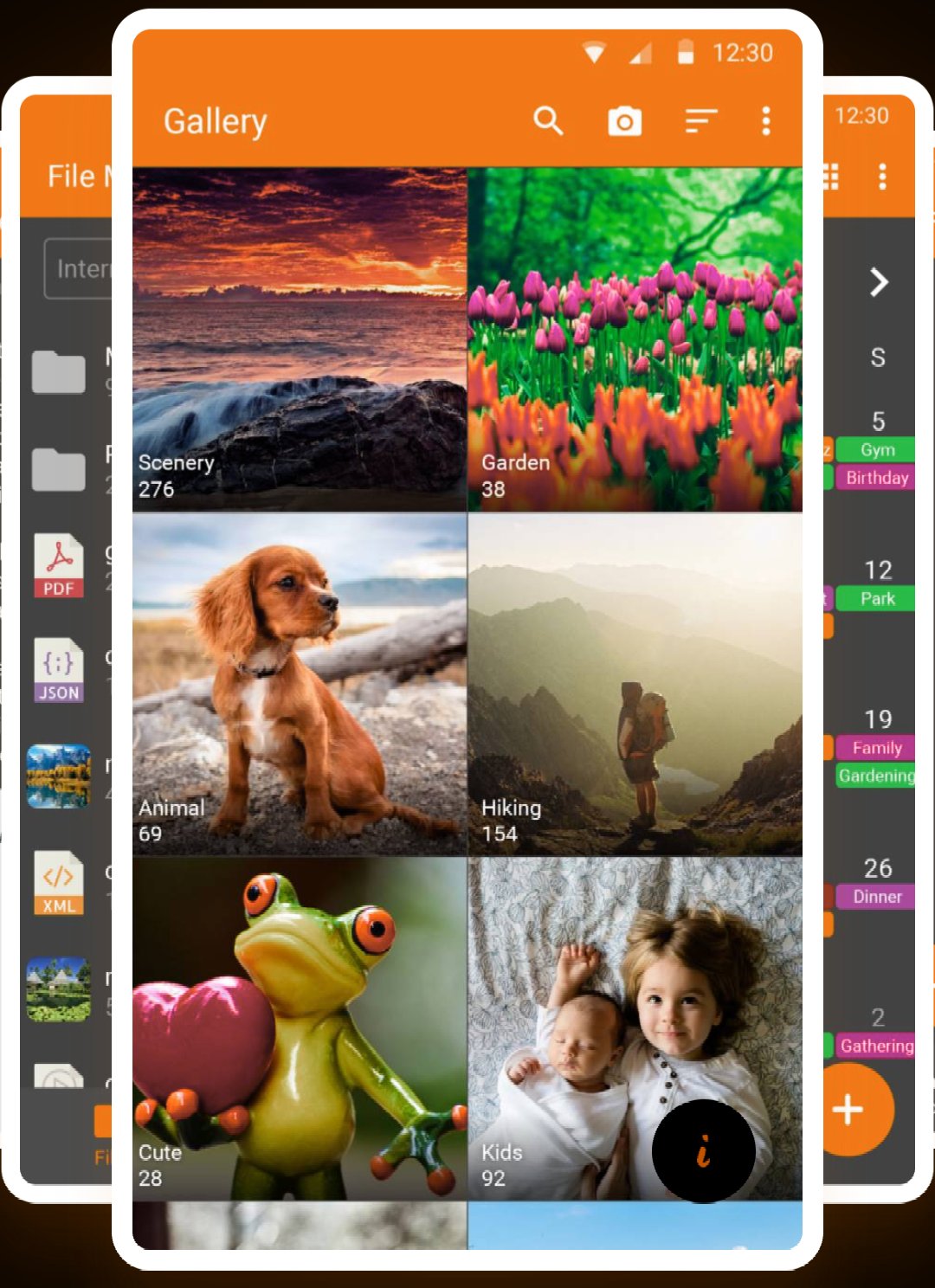Android
DROID DOES
Welcome to the droidymcdroidface-iest, Lemmyest (Lemmiest), test, bestest, phoniest, pluckiest, snarkiest, and spiciest Android community on Lemmy (Do not respond)! Here you can participate in amazing discussions and events relating to all things Android.
The rules for posting and commenting, besides the rules defined here for lemmy.world, are as follows:
Rules
1. All posts must be relevant to Android devices/operating system.
2. Posts cannot be illegal or NSFW material.
3. No spam, self promotion, or upvote farming. Sources engaging in these behavior will be added to the Blacklist.
4. Non-whitelisted bots will be banned.
5. Engage respectfully: Harassment, flamebaiting, bad faith engagement, or agenda posting will result in your posts being removed. Excessive violations will result in temporary or permanent ban, depending on severity.
6. Memes are not allowed to be posts, but are allowed in the comments.
7. Posts from clickbait sources are heavily discouraged. Please de-clickbait titles if it needs to be submitted.
8. Submission statements of any length composed of your own thoughts inside the post text field are mandatory for any microblog posts, and are optional but recommended for article/image/video posts.
Community Resources:
We are Android girls*,
In our Lemmy.world.
The back is plastic,
It's fantastic.
*Well, not just girls: people of all gender identities are welcomed here.
Our Partner Communities:
view the rest of the comments

you know, I'd really love to get a good app that i pay for and that in turn doesn't collect or sell my data and has no ads, but there's so many but's.
just to say: I'm not sure there is a good solution where everyone wins :/
In ye old days the reigning model was a pseudo subscription where you paid for a version of a program and that's all you got, if you wanted the next version of that program you had to buy it again. This made developing updates profitable and people who didn't care to pay for the update could still use the outdated program. It wasn't perfect by any means but I feel like it was one of the better compromises compared to everything else.
Sadly with the advent of mobile apps such a model is heavily discouraged.
Yeah it's not the perfect model for sure. Usually you did get updates to fix vulnerabilities and bugs, but any major version release would require a new purchase/license.
But any software that requires connecting to a server anywhere just doesn't work in this model.
In the end there's not much of a choice. Either you pay more for apps to compensate for the time spent on them, subscribe to reduce your costs and assure continuous revenue, or ads.
Anything that's perpetually free, unless it has massive communities willing to maintain it, typically ends up like the tools we see here: abandoned/sold.
Well to be fair, for most software it was the major releases that were paid, and the minor ones were given free, on the understanding that these ~never contained functionality changes, additions or reworks.
So 3.1 was purely a bugfix for 3.0, for example. Hence you got it free. Often when 4.0 came out (which you had to pay to get) there's also a be a 3.2 update that served as the "final" rleease of that branch. Any bugs in it now are there to stay.
And yeah. Although, I feel in a way that's what we got here, no? If I paid for these I can turn updates off and use the version I bought, so to speak.
What could be more sustainable for the development is to make updates with new features paid. People have a one time payment for the app and then pay for new features.
It's absolutely ot perfect. But, it's not a subscription and the dev still earn something.
This would cause a maintenance nightmare for the devs though. And from what I hear, the app stores discourage multiple versions of the same app these days.
I donated to them directly once and then again opted for the PlayStore versions to buy these apps. Sadly, I will have to move to the FDroid version now because the PlayStore one, the ones I paid for, can get infected with adware any day now.
Yea, fair point